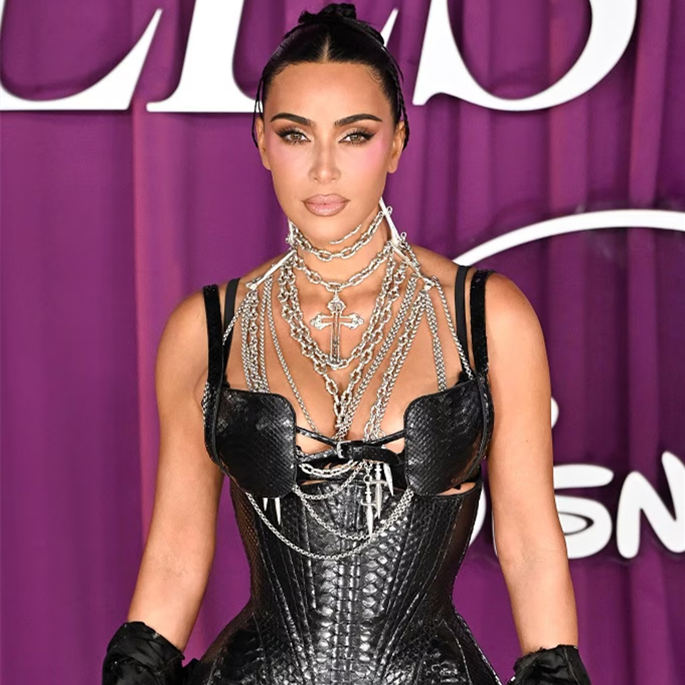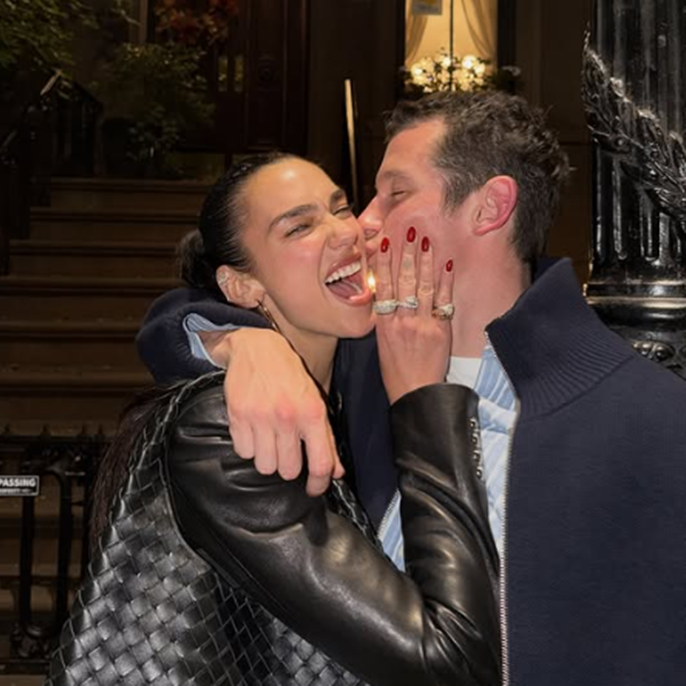Last week, I highlighted a pivotal shift in focus within the narrative of Aaron Hernandez: whereas the initial seven episodes were predominantly narrated from his perspective, "Odin" meticulously divided its screentime between the perpetrator and the young man whose promising life he brutally extinguished. However, in this penultimate chapter, the imbalance becomes even more pronounced: Aaron himself makes fleeting appearances in a mere handful of crucial scenes, and even when he does, the camera lens lingers longer on the countenances of those whose lives he irrevocably altered.

"What's Left Behind" kicks off with Hernandez's arrest on June 26, 2013, a harrowing moment immortalized by a swarm of voracious paparazzi. From this juncture onwards, we're firmly embedded in the aftermath, eavesdropping on conversations that undoubtedly transpired in reality. Robert Kraft and Bill Belichick spring into damage control mode: they sever ties with Aaron, organize a jersey exchange for fans, and conduct an emergency press conference. Belichick's demeanor is bleak — more melancholic and uneasy than enraged, yet he adamantly insists that Aaron's name should never be uttered again. His speech about forging ahead and taking pride in his players resonates as a public relations maneuver, aimed at burying the past and carving out a space for a Hernandez-absent Patriots.
Everyone closely associated with Aaron is now under intense scrutiny, to the extent that his mother and brother are compelled to take leaves of absence from their respective jobs. Yet, the episode's true protagonist is Shayanna, who remains in denial about her fiancé's alleged deeds. Navigating her emotions would be less arduous if she had the reassurance that she and their daughter, Avielle, would be financially secure. However, Aaron's terminated contract spells impending monetary woes. Most crucially, she grapples with an internal conflict: can one remain loyal to both one's sister and the man who almost certainly slaughtered her life partner? Shayanna and Shaneah's conversations in this episode pulse with tension, particularly as Shaneah makes it unmistakably clear that she's aware of Shayanna's protective stance towards Aaron.
From this juncture, the episode astutely distills Shayanna's quandary into an excruciatingly difficult dilemma: will she collaborate with the district attorney's office and testify, or will she risk a five-year prison sentence for obstruction of justice? Security footage depicts Shayanna disposing of a bulky box shortly after a phone call from Aaron, leading to the inevitable conclusion that, whether intentionally or not, she aided him in disposing of the murder weapon — and deceived by failing to report the removal of any items from their home. She's in no position to decline any offer from prosecutor William McCauley (superbly portrayed by Kelly AuCoin), who hints that Aaron is destined for a life sentence regardless.
Under immense pressure, her predicament only intensifies. Tanya has been apprehended after repeatedly ignoring a grand-jury subpoena, and police discovered a concealed vehicle in the garage — a car linked to the double homicide in Boston. Odin Lloyd is no longer the sole murder for which Aaron stands accused.
“What’s Left Behind” benefits from keeping Aaron offscreen for several long stretches; after the arrest, we don’t see him again until Terri visits around 20 minutes in. We’re immersed in the perspectives of his family, all trying their best to be there for him in some capacity. That’s especially difficult for Shay, who can’t stomach the sight of this man she knows is a murderer deep down. When she does actually show up, she’s clinging to some hope that Aaron is innocent and desperate for a reason to believe him. But he’s upset because she didn’t bring Avielle and she’s been talking to the DA’s office. Shay is pretty clearheaded in explaining her divided loyalties — for obvious reasons, she’s torn between him and her family — but Aaron hits exactly the right pressure points when he replies, “I’m your family, Shay.” From that moment, Shay knows where she’ll be sitting during the trial: next to Terri on the defendant’s side of the courtroom, not next to the sister who needs her so badly now.
McCauley’s opening statement speaks to the ways fandom allows celebrities like Aaron to get away with all sorts of stuff; money insulates them from consequences, and adoration blinds people from seeing the truth. It’s a nice encapsulation of one of the key themes of the show. These scenes remind me a bit of the excellent courtroom scenes from the O.J. Simpson–centered first season of American Crime Story, a story focused less on Simpson’s psychology than the fraught sociopolitical debates raised by the trial and media spectacle. Aaron Hernandez, by contrast, feels more reminiscent of Ryan Murphy’s Dahmer, which suffered by waiting until the later, postarrest episodes to delve into those ideas. (This show is better than Dahmer, though.)
Odin’s sister, Shaquilla Thibou, takes the stand to discuss the cryptic texts she received from Odin shortly before his death. Then Ortiz and Odin’s mother testify, and court is adjourned for the day. Nay makes one last brutally earnest entreaty: Once Shay testifies next week, will she please just tell the truth? “I can’t lose you, too,” Nay says.
But that comment isn’t enough to shift Shay’s loyalties back. On the stand, she disappoints McCauley as well as her sister by claiming she never looked inside the box Aaron asked her to dispose of, nor did they discuss its contents — in fact, she supposedly doesn’t even remember the location of the dumpster where she tossed it. She even goes so far as to claim she thought the box just contained marijuana.
With that fateful decision, Shay sacrifices her bond with her sister, officially severing ties that may never mend. Nay's emotional turmoil is palpable as she storms out of the courtroom, leaving no doubt about the depth of her pain. However, in the private confines of the restroom, Shay makes a compelling argument to her mother. She insists that her fiancé, Aaron, has been used and cast aside by nearly everyone in his life, including the NFL. Even Shay's mother had encouraged her to overlook Aaron's troubles for the sake of the life he could provide for her and Avielle. Though Shay's testimony may seem futile, it effectively shields her from further legal repercussions without completely abandoning her vulnerable fiancé to his fate.
Deep down, Shay has always known that Aaron was responsible for Odin Lloyd's death. It's telling that she never directly confronts Aaron about his guilt until he is charged with the double murder, an incident she was previously unaware of. Like her mother, who chose to ignore Aaron's numerous warning signs, Shay too overlooked them. Now, she burns bridges with a blood relative to stand by a man who seems doomed regardless. And indeed, McCauley's warning bears fruit: Aaron is convicted of first-degree murder and sentenced to life imprisonment at Souza-Baranowski Correctional Center.
After an episode filled with the familial discord left in Aaron's wake, the closing scene of "What's Left Behind" presents a surprisingly serene and peaceful moment of family unity, a stark juxtaposition to Shay's earlier interactions with Aaron. While I have little sympathy for the anti-hero at the center of this narrative, it's impossible not to feel something watching him. Today is Avielle's birthday, and Aaron's longing for her is evident.
We can only speculate whether the real Aaron Hernandez ever whispered "I'm sorry" to his daughter in a rare, intimate moment. But in this portrayal, the ambiguity of his words is powerful. Based on what I've read, there is scant evidence of Hernandez expressing remorse for the murders. Yet, it's conceivable that he might let a hint of regret slip in a quiet, private moment—not necessarily for taking three innocent lives, but for putting himself in a position where he can no longer support his family.
Many of Aaron's actions were fueled by a profound insecurity rooted in his father's definition of masculinity. The irony is that Aaron's crimes far outstripped the misdemeanors that once held Dennis back. Did Aaron embark on this path to emulate his father and meet his expectations, or to avoid becoming like him? Of course, Aaron Hernandez's actions cannot be solely attributed to "daddy issues"; he was shaped by a multitude of influences. It's a testament to this penultimate episode that it leaves so much unspoken and unresolved.

